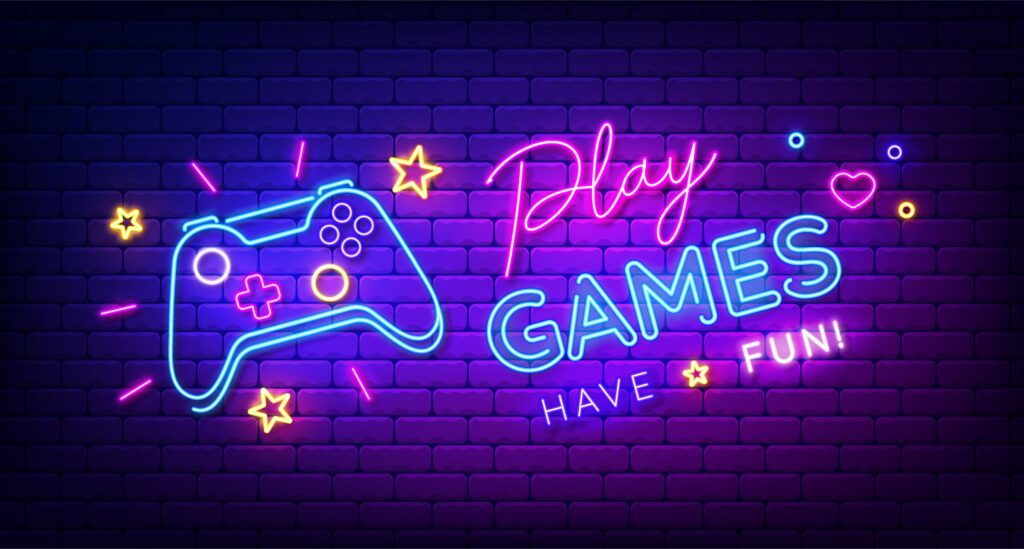In the trend-driven world of corporate training and education, buzzwords often come and go. Over the past decade, one term that has gained popularity is “gamify.” Many businesses and learning and development professionals have embraced gamification as a strategy to engage employees, enhance learning, and drive desired behaviors. However, it is essential to consider the implications and connotations of the word “gamify” and whether it truly encapsulates the objectives of training and development efforts. I argue for the adoption of the term “Sportify” as a more suitable alternative, emphasizing the importance of practice, discipline, teamwork, and a heightened sense of purpose in corporate learning and development, while incorporating ideas from Carol Dweck’s body of work on the Growth Mindset.

The Connotation of ‘Games’
The term “gamify” carries with it the connotation of leisure and amusement, which may inadvertently undermine the seriousness and purpose of corporate training and development initiatives. In the context of Carol Dweck’s Growth Mindset, a “fixed mindset” might see learning as an activity where one’s abilities are set in stone, while a “growth mindset” understands that abilities can be developed with effort.
Applying a Growth Mindset perspective, we recognize that learning should not be perceived as a mere diversion but as an opportunity for individuals to grow and improve. By adopting “Sportify” with a Growth Mindset, businesses can foster a culture of continuous learning, where the emphasis is not on fixed abilities but on the potential for development.
‘Sports’ Encourage Practice and Discipline
One of the primary reasons to shift from “gamify” to “Sportify” is the implicit emphasis on practice and discipline associated with sports. In the context of Carol Dweck’s Growth Mindset, a “fixed mindset” may shy away from challenges and effort, while a “growth mindset” embraces challenges as opportunities to learn and grow.
By employing “Sportify” with a Growth Mindset, businesses can underline the importance of consistent effort, practice, and discipline in acquiring new skills and knowledge. It encourages employees to view training as a continuous process that demands dedication, much like an athlete’s training regimen. This shift in mindset can significantly boost the effectiveness of learning and development efforts by promoting a culture of resilience and perseverance.
When discipline is encouraged for the success of the individual and team, it’s being used correctly. This is why many of us encourage our kids to start up sports in the first place.
Teamwork and Collaboration
Another crucial aspect of “Sportify” that sets it apart from “gamify” is the strong emphasis on teamwork and collaboration, which aligns closely with the principles of Carol Dweck’s Growth Mindset. In a Growth Mindset, individuals understand that learning is not a solitary endeavor, and success often comes from collaborating with others.
By adopting the term “Sportify” with a Growth Mindset, businesses can underscore the importance of teamwork and collaboration in the learning and development process. Training programs can be designed to promote a collective effort, encouraging employees to work together to achieve shared objectives. This not only enhances the learning experience but also mirrors the real-world challenges employees face in their daily tasks.
A Higher Stakes Mentality
In a Growth Mindset, the emphasis is on personal development and the pursuit of excellence, which aligns with the higher stakes mentality associated with sports. By using “Sportify” with a Growth Mindset, businesses can motivate employees to approach learning and development with a sense of purpose and determination. This heightened sense of importance can inspire employees to invest more effort and time in their training, ultimately leading to more effective skill acquisition and growth.

The Quest for Continuous Improvement
Sports are all about striving for excellence, constantly pushing one’s limits, and setting and achieving higher standards, which resonate with the concept of continuous improvement in a Growth Mindset. Incorporating “Sportify” into the corporate training culture reinforces the idea that learning and development are not just one-off events but a lifelong journey. This shift in perspective encourages employees to continuously seek opportunities for growth and development, fostering a culture of excellence within the organization.
The corporate world’s infatuation with the term “gamify” may have inadvertently conveyed a sense of frivolity and amusement to the process of learning and development. Shifting to “Sportify” with a Growth Mindset is not merely a matter of semantics; it signifies a transformation in mindset, aligning corporate training and development efforts more closely with the principles of practice, discipline, teamwork, and a heightened sense of purpose. It encourages employees to view learning as a continuous journey where abilities can be developed, aligning with Carol Dweck’s Growth Mindset principles.
“Sportify” with a Growth Mindset fosters a culture of resilience, teamwork, and perseverance, where the emphasis is on personal development and the pursuit of excellence. In the highly competitive and rapidly evolving business landscape, adopting “Sportify” with a Growth Mindset could be the catalyst that propels organizations and individuals toward their goals and aspirations, and it may prove to be the defining difference between victory and defeat in the arena of lifelong learning and growth.





